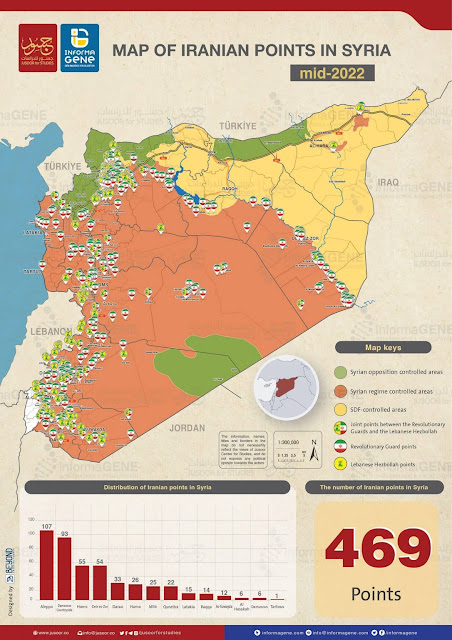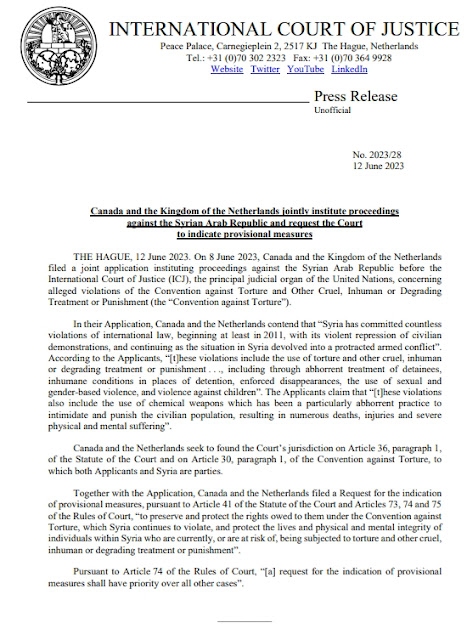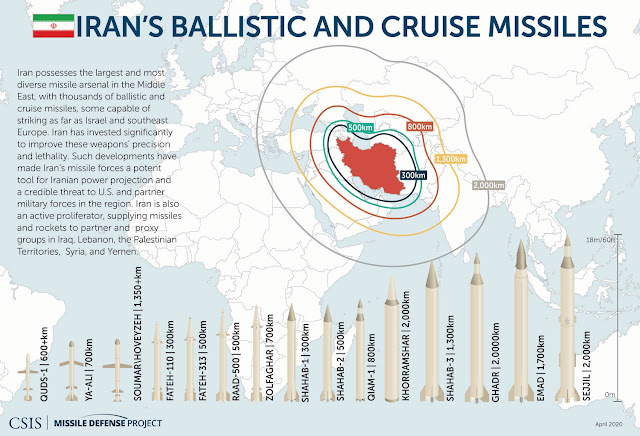U.S. Ambassador Sees Broad Regional Benefits from Changes in Iraq
Zalmay Khalilzad urges Iraq's neighbors to be supportive
By David ShelbyWashington File Staff Writer
Washington – The changes under way in Iraq will benefit the entire region, and neighboring countries should support the stabilization and reconstruction of Iraq in their own self-interest, according to the newly appointed U.S. ambassador to Iraq, Zalmay Khalilzad.
“There is a need for a change in the way one thinks about regional relations in this part of the world. And that is not to look at things in a zero-sum way, an old geopolitical kind of way that in the weakness of one’s neighbor, you see advantages for oneself,” Khalilzad told journalists at a July 13 briefing in Washington. “That’s what Europe did for centuries. And then post World War II, there was a change in the mind-set, that, in fact, if your neighbor is poor, if your neighbor is distressed, it can only send problems for you. You can’t sell goods to a neighbor that has that kind of problems.”
He said that the change in Iraq benefits the entire region in light of the former regime’s record of attacking its neighbors. He added that Iraq is on its way to becoming a prosperous and powerful participant in the region and urged its neighboring countries to help it achieve its potential.
“They will be investing in good relations with an important ‘player’ down the road,” he said.
Specifically, he urged the neighboring countries to follow the Paris Club’s lead in forgiving Iraqi debt, provide financial assistance in keeping with their pledges at donors’ conferences, ensure proper control of their common borders and pursue investment opportunities in Iraq.
The Paris Club of creditor nations comprises Austria, Australia, Belgium, Canada, Denmark, Finland, France, Germany, Great Britain, Ireland, Italy, Japan, the Netherlands, Norway, Russia, Spain, Sweden, Switzerland and the United States.
Khalilzad said that on his arrival in Baghdad, he will engage the Iraqi leadership in intensive discussions to ensure that the political process moves forward, particularly with the drafting of a unifying national constitution by August 15.
“I believe that if we make progress with regard to this national compact, have a constitution and build the institutions that Iraqis have confidence in, we will fundamentally undermine the insurgency,” he said.
He said that he intends to use a balance of what he called “the various instruments of U.S. power” to support Iraq’s progress and confront the insurgency. He said that these include diplomatic, economic and military instruments.
The United States, he said, looks forward to the time when it can reduce its forces in Iraq, but added that this reduction would be “condition driven.”
“We are determined that Iraq succeed, and we’ll be there in the configuration that’s needed and that we both agree to for as long as it takes for Iraq to succeed,” he said. He added that the composition and size of U.S. forces could vary in response to changing circumstances.
Explaining how he sees his role as U.S. ambassador to Iraq, Khalilzad said that Iraq is currently at a crossroads between two visions for the country’s future: one of civil unrest and extremism and one of peace and prosperity.
“The actions of Iraqis will determine which of these will be Iraq’s future,” he said. “However, I will lead the U.S. effort to support efforts by the overwhelming majority of the Iraqi people to set their country on a more positive trajectory.”
Source: International Information Programs, U.S. Department of State
Zalmay Khalilzad urges Iraq's neighbors to be supportive
By David ShelbyWashington File Staff Writer
Washington – The changes under way in Iraq will benefit the entire region, and neighboring countries should support the stabilization and reconstruction of Iraq in their own self-interest, according to the newly appointed U.S. ambassador to Iraq, Zalmay Khalilzad.
“There is a need for a change in the way one thinks about regional relations in this part of the world. And that is not to look at things in a zero-sum way, an old geopolitical kind of way that in the weakness of one’s neighbor, you see advantages for oneself,” Khalilzad told journalists at a July 13 briefing in Washington. “That’s what Europe did for centuries. And then post World War II, there was a change in the mind-set, that, in fact, if your neighbor is poor, if your neighbor is distressed, it can only send problems for you. You can’t sell goods to a neighbor that has that kind of problems.”
He said that the change in Iraq benefits the entire region in light of the former regime’s record of attacking its neighbors. He added that Iraq is on its way to becoming a prosperous and powerful participant in the region and urged its neighboring countries to help it achieve its potential.
“They will be investing in good relations with an important ‘player’ down the road,” he said.
Specifically, he urged the neighboring countries to follow the Paris Club’s lead in forgiving Iraqi debt, provide financial assistance in keeping with their pledges at donors’ conferences, ensure proper control of their common borders and pursue investment opportunities in Iraq.
The Paris Club of creditor nations comprises Austria, Australia, Belgium, Canada, Denmark, Finland, France, Germany, Great Britain, Ireland, Italy, Japan, the Netherlands, Norway, Russia, Spain, Sweden, Switzerland and the United States.
Khalilzad said that on his arrival in Baghdad, he will engage the Iraqi leadership in intensive discussions to ensure that the political process moves forward, particularly with the drafting of a unifying national constitution by August 15.
“I believe that if we make progress with regard to this national compact, have a constitution and build the institutions that Iraqis have confidence in, we will fundamentally undermine the insurgency,” he said.
He said that he intends to use a balance of what he called “the various instruments of U.S. power” to support Iraq’s progress and confront the insurgency. He said that these include diplomatic, economic and military instruments.
The United States, he said, looks forward to the time when it can reduce its forces in Iraq, but added that this reduction would be “condition driven.”
“We are determined that Iraq succeed, and we’ll be there in the configuration that’s needed and that we both agree to for as long as it takes for Iraq to succeed,” he said. He added that the composition and size of U.S. forces could vary in response to changing circumstances.
Explaining how he sees his role as U.S. ambassador to Iraq, Khalilzad said that Iraq is currently at a crossroads between two visions for the country’s future: one of civil unrest and extremism and one of peace and prosperity.
“The actions of Iraqis will determine which of these will be Iraq’s future,” he said. “However, I will lead the U.S. effort to support efforts by the overwhelming majority of the Iraqi people to set their country on a more positive trajectory.”
Source: International Information Programs, U.S. Department of State


